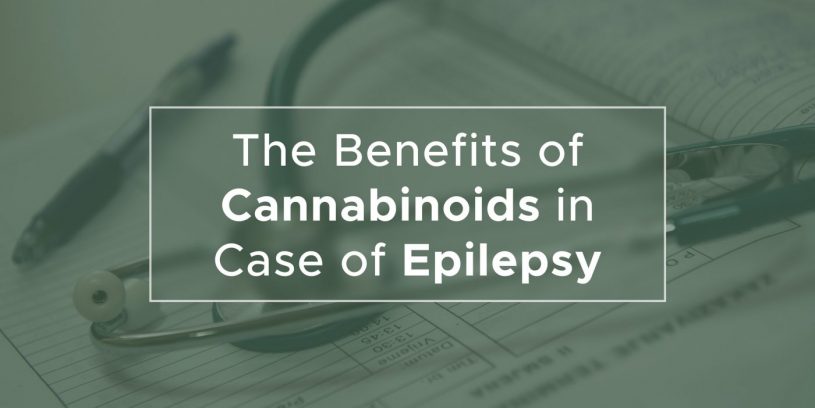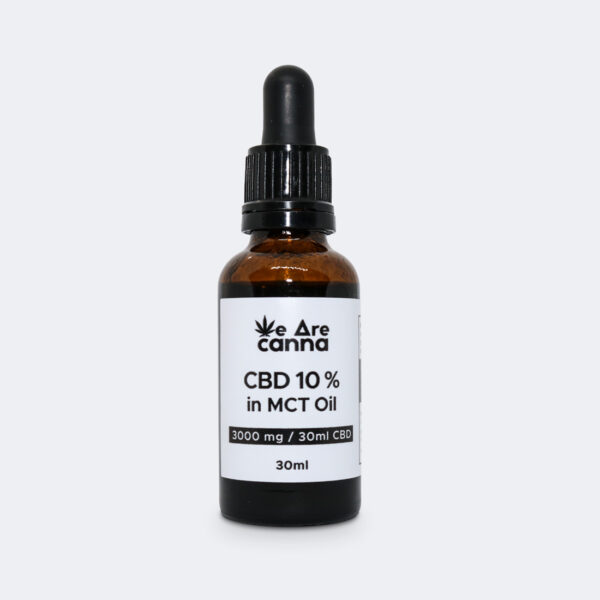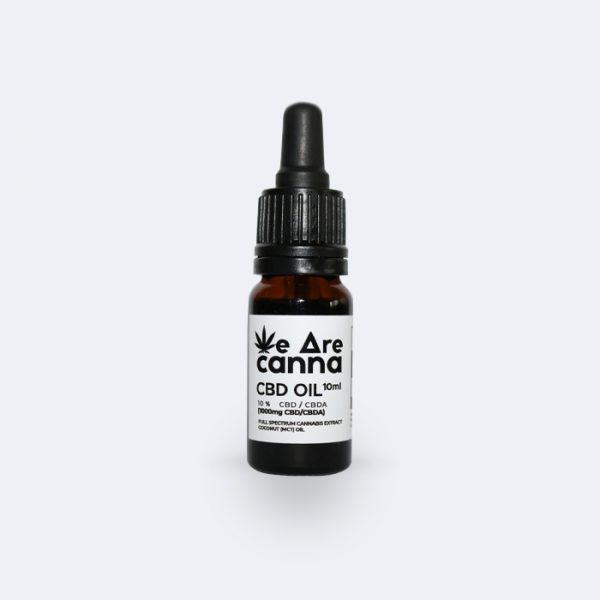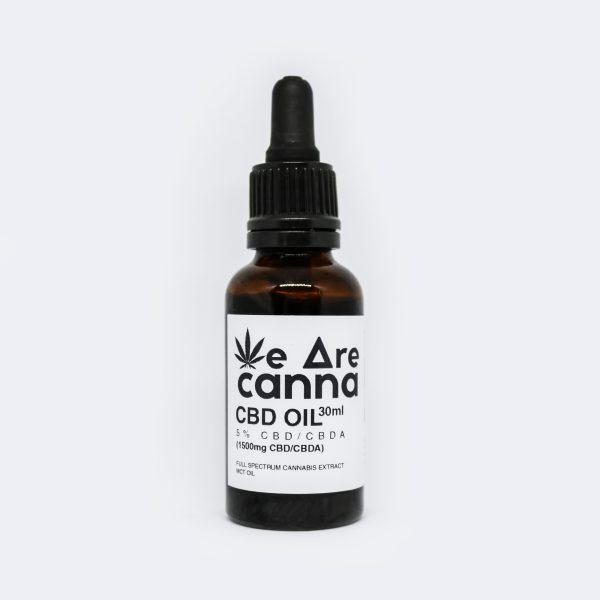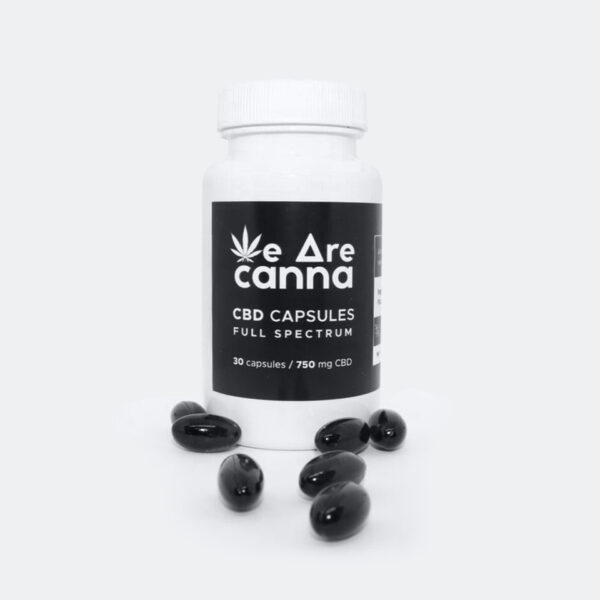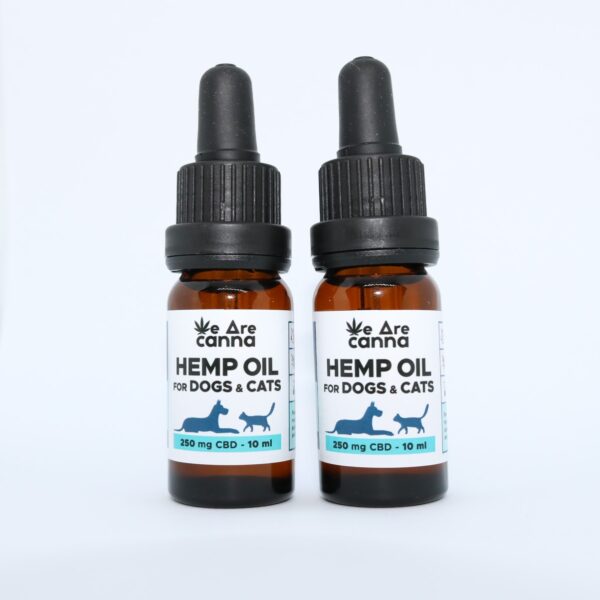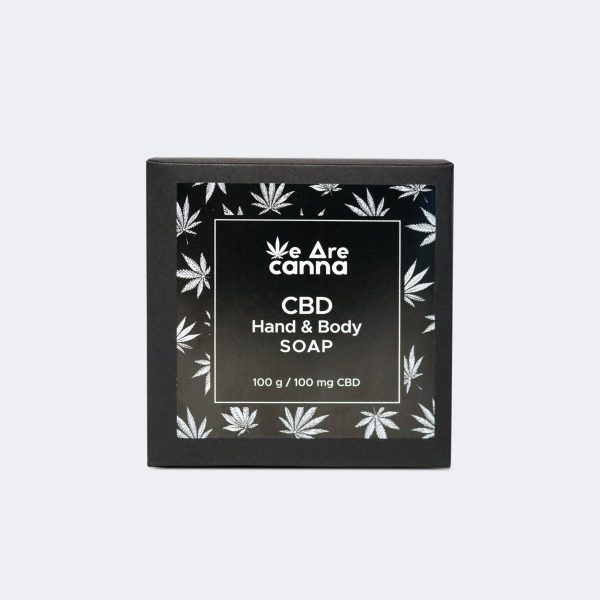Epilepsy is a broad term for neurological disorders that are characterized by recurring episodes of seizures. The kinds of seizures that patients encounter can shift from short and subtle in intensity to strong and severe seizures that can keep going for quite a long time, even for hours. In extreme cases, it’s not uncommon for sufferers to experience physical injuries from seizures. Furthermore, the length and recurrence of these attacks can make a huge negative impact on a patient’s quality of life. In this article we will introduce you with benefits of CBD and other cannabinoids for people with epilepsy.
The convulsions themselves can occur by various factors, including brain injuries, infections and tumors. Sadly, for most of the patients with epilepsy, the reason for the disease stays obscure.
Epilepsy afflicts around 1% of the total population and around 30% of the cases are still untreatable. This is a tremendous number of sufferers.
How cannabis reduces the activity of seizures?
The essential purpose of our endocannabinoid system (ECS) is to maintain all vital systems of the body in balance. This harmony of different elements, which work independently but are interconnected, is called homeostasis. The ECS keeps up homeostasis through the cannabinoids of the body, which are called endocannabinoids. The endocannabinoids are extremely similar in structure to the compounds found particularly in cannabis (cannabinoids such as THC and CBD). The endocannabinoids trigger cell receptors of the ECS which are found throughout our body (located in the brain, spinal cord, essential and reproductive organs), and they operate to return our system to the state of homeostasis.
At the point when our body’s balance is disrupted and our endocannabinoids can’t return it to regular state, this is where cannabinoids from cannabis may be so beneficiary. Cannabinoids get to the ECS in the same way as the endocannabinoids do (because of their structural similarity). In this way, they fundamentally help the endocannabinoid system to restore the body back to a typical healthy state, and most importantly, in a totally healthy and natural way.
A study from 2017, titled, “Therapeutic effects of cannabinoids in animal models of seizures, epilepsy, epileptogenesis, and epilepsy-related neuroprotection”, was performed on rodents, and showed that the endocannabinoid system plays a fundamental role in the mammalian brain’s internal defence response to neural seizure activity.
When compared to other parts of our body, the central nervous system has a much higher number of cannabinoid receptors. Science still doesn’t completely comprehend how specifically cannabinoids create their anti-seizure effects, but there are a few strong hypotheses. In medial temporal lobe epilepsy, which is one of the most frequent forms of this disorder, the hippocampus (part of the brain in charge of the emotions and memory encryption) experiences undesired changes. The abnormally active neurons of the hippocampus create an excitatory electric loop, directly causing epileptic seizures (source).
A study from 2014 found that plant-based cannabinoids protect normal neurons within the hippocampus, and reduce the activity of abnormal ones. By doing this cannabinoids decrease the severity and recurrence of the convulsions. In a separate study where severe epilepsy was observed on animals, the researchers found that the quantity of the endocannabinoids anandamide and 2-AG was drastically increased once the seizures started. This means that they get created on demand because of the epileptic episode that took place.
Anandamide and 2-AG activate the CB1 receptors (there are only two types of cannabinoid receptors identified so far, CB1 and CB2), which when activated, diminish the severity of a seizure. The team added that the animals who acutely suffer from epilepsy also have a larger amount of CB1 receptors, and these additional receptors in combination with the endocannabinoids work together to ease the intensity of the convulsions.
In humans and animals alike, a lack of both endocannabinoids and cannabinoid receptors can exist, so the additional help from cannabinoids from cannabis (they’re officially called phytocannabinoids, but are usually referred to as just cannabinoids) assist the body to fight epilepsy.
Analyzing a different type of epilepsy (refractory seizures), the study from 2003, titled, “The endogenous cannabinoid system regulates seizure frequency and duration in a model of temporal lobe epilepsy”, found that THC (or tetrahydrocannabinol), completely stopped seizure activity in lab rats. The conventional anticonvulsant medications Phenobarbital and Phenytoin (even at maximal doses), weren’t able to lessen seizure activity, which shows the amazing potential of this cannabinoid against refractory epilepsy (source).
What is the best cannabinoid for epilepsy?
Unfortunately, there’s no simple answer to this question, because, as previously mentioned, there are a vast variety of epileptic seizure types, and because every individual is different and their chemistry is unique.
Some scientists are adamant that the best possible option for the biggest percentage of epilepsy patients is using everything the cannabis plant has to offer. This is because consuming all elements from cannabis at the same time causes what’s called the “entourage effect”, where the all the cannabinoids and terpenes of that particular strain work to achieve the absolute health-boosting potential.
The other cannabinoids are found in much smaller quantities than tetrahydrocannabinol and cannabidiol but are nonetheless a valuable part of the plant. The exact cannabinoid formula for each specific kind of epilepsy remains obscure. Gladly, the evidence so far implies that finding it is only a matter of time.
CBD for epilepsy
Cannabidiol is a non-psychotropic chemical compound unique to cannabis, and it is responsible for a spectrum of medical benefits. CBD is a surprisingly helpful compound for the majority of epilepsy patients, although for some its benefits are minimal. The anticonvulsive effects of CBD are produced from several different molecular pathways.
Cannabidiol intensifies GABA receptors and reduces the activity of NMDA receptors. It is also able to stabilize ion channels and has neuroprotective and anti-inflammatory qualities.
The anti-seizure features of CBD do not relate to the direct action on cannabinoid receptors but are mediated by a multitude of mechanisms that include the agonist and antagonist effects on ionic channels, neurotransmitter transporters, and multiple 7-transmembrane receptors.
Published in September 2018, a meta-analysis of CBD treatment for epilepsy provides “enough” research – both to say that CBD is effective in certain kinds of epilepsy and that CBD-rich extracts are generally better medicine than CBD isolates1.
Three Brazilian scientists – Fabricio Pamplona, Lorenzo Rolim da Silva, and Ana Carolina Coan – examined data from 11 different studies involving 670 patients who were treated for an average of 6 months. The meta-analysis focused specifically on three kinds of childhood seizures (Dravet, Lennox-Gastaut, and those caused by CDKL5 deficiency), and sought to describe the effectiveness, required doses, and side effects associated with cannabidiol.
The authors further analyzed the differences between CBD-rich extracts and CBD isolates. Epidiolex (FDA-approved pharmaceutical CBD) and some unregulated, hemp-derived CBD products are considered isolates, as they lack the full spectrum of other cannabinoids and terpenes that are present in whole-plant extracts.
Perhaps the most striking conclusion of this study is the dramatic difference in doses for isolates compared to full spectrum CBD-rich oil extracts. The mean dosage for people using pure CBD was 25.3 mg/kg/day, but for CBD-rich extracts, it was 6.0 mg/kg/day. In other words, CBD in a whole plant extract was over 4 times more potent than isolated CBD.
Randomized, placebo-controlled, single- or double-blinded add-on trials of oral CBD in patients with uncontrolled epilepsy were identified. Main outcomes included the percentage change and the proportion of patients with a 50% reduction in monthly seizure frequency during the treatment period.
CBDV (or cannabidivarin) also seems to lessen seizures, and one study pointed out that CBDV is most efficient when consumed together with CBD.
THC and THCA for epilepsy
Even though cannabidiol works much better for epilepsy for most patients, in this 2014 study (10) tetrahydrocannabinol also showed some promising results (source).
Regrettably, for some patients it can have the opposite effect, acting as a proconvulsant, and this means it can create seizures. Because of that, it is extremely crucial to carefully consider all the options in order to figure out what compound (and exact strain) of cannabis suits your individual needs best.
Cannabinoids THCA, the raw uncarboxylated form of THC also shows some anticonvulsant characteristics and because it’s completely non-psychoactive like CBD, it can be a viable treatment method for children suffering from epilepsy. On a somewhat separate note, one of the terpenes found in cannabis also showed seizure-stopping abilities. Alpha-linalool exerts this quality in the study from 1999, and the researchers add that it functions best when combined with cannabinoids.
Further scientific breakthroughs are still definitely needed, but looking at the existing body of evidence it becomes apparent that cannabis is an extremely promising treatment for epilepsy. Certainly, a deeper understanding of its mechanisms will liberate more people from the clutches of this devastating condition.
Our Products
CBD Cannabis Oil in MCT 10 % 3000 mg 30 ml
114.95€ 114.95€Read moreA bottle of CBD Cannabis 10 % 3000 mg CBD 30 ml oil (with a small pipette). Made from certified, hand-picked and organically grown cannabis mixed with coconut oil (MCT) for better absorption of cannabinoids.
This phytocannabinoids extract is a full spectrum extract, professionally made and laboratory-tested to ensure the highest quality and safety.
Discount applies when purchasing more:
CBD Cannabis Oil in MCT 10 % 1000 mg 10 ml
Original price was: 46.59€.39.60€Current price is: 39.60€. 39.60€Add to cartA bottle of CBD Cannabis 10 % 1000 mg CBD 10 ml oil (with a small pipette). Made from certified, hand-picked and organically grown cannabis mixed with coconut oil (MCT) for better absorption of cannabinoids.
This phytocannabinoids extract is a full spectrum extract, professionally made and laboratory-tested to ensure the highest quality and safety.
Discount applies when purchasing more:
CBD Cannabis Oil in MCT 5% 1500 mg 30 ml
Original price was: 68.01€.57.80€Current price is: 57.80€. 57.80€Add to cartA bottle of CBD Cannabis oil (with a small pipette). Made from certified, hand-picked and organically grown cannabis mixed with coconut oil (MCT) for better absorption of cannabinoids.
This phytocannabinoids extract is a full spectrum extract, professionally made and laboratory-tested to ensure the highest quality and safety.
Discount applies when purchasing more:
CBD Capsules 750 mg
Original price was: 51.00€.43.35€Current price is: 43.35€. 43.35€Add to cartHigh-grade CBD / CBDA capsules professionally made and laboratory-tested to ensure the greatest quality and safety.
This product is suitable for those who want to avoid the specific taste of cannabis extracts. Nothing needs to be dosed, we’ve already done it for you.
Discount applies when purchasing more:
Hemp Oil for Pets 250 mg CBD 10 ml (2 bottles)
Original price was: 29.00€.24.65€Current price is: 24.65€. 24.65€Add to cartWe Are Canna full-spectrum CBD oil for pets is a completely natural, excellent source of vitamins and Omega fatty acids.
We all want our pets to be healthy and beautiful. Let’s take care of them by incorporating high-quality CBD products into their daily diet.
CBD soap 100g / 100mg CBD
Original price was: 9.99€.8.99€Current price is: 8.99€. 8.99€Read moreWe Are Canna CBD body soap is another unique, natural, handmade cannabis product made only from the highest quality ingredients, free from GMOs or other harmful substances.
Thanks to the knowledge passed down from generation to generation, the plant that humanity has used for thousands of years and modern technology, we are able to experience what is real, natural, tested and appreciated. CBD soap is made using a 100-year-old manufacturing methodology, which makes this product even more special.
The phytocannabinoids and terpenes in CBD soap, acting in synergy, will give your skin a variety of therapeutic properties, not to mention the pleasant aroma that will captivate everyone. From now on, bathing rituals will be different!
